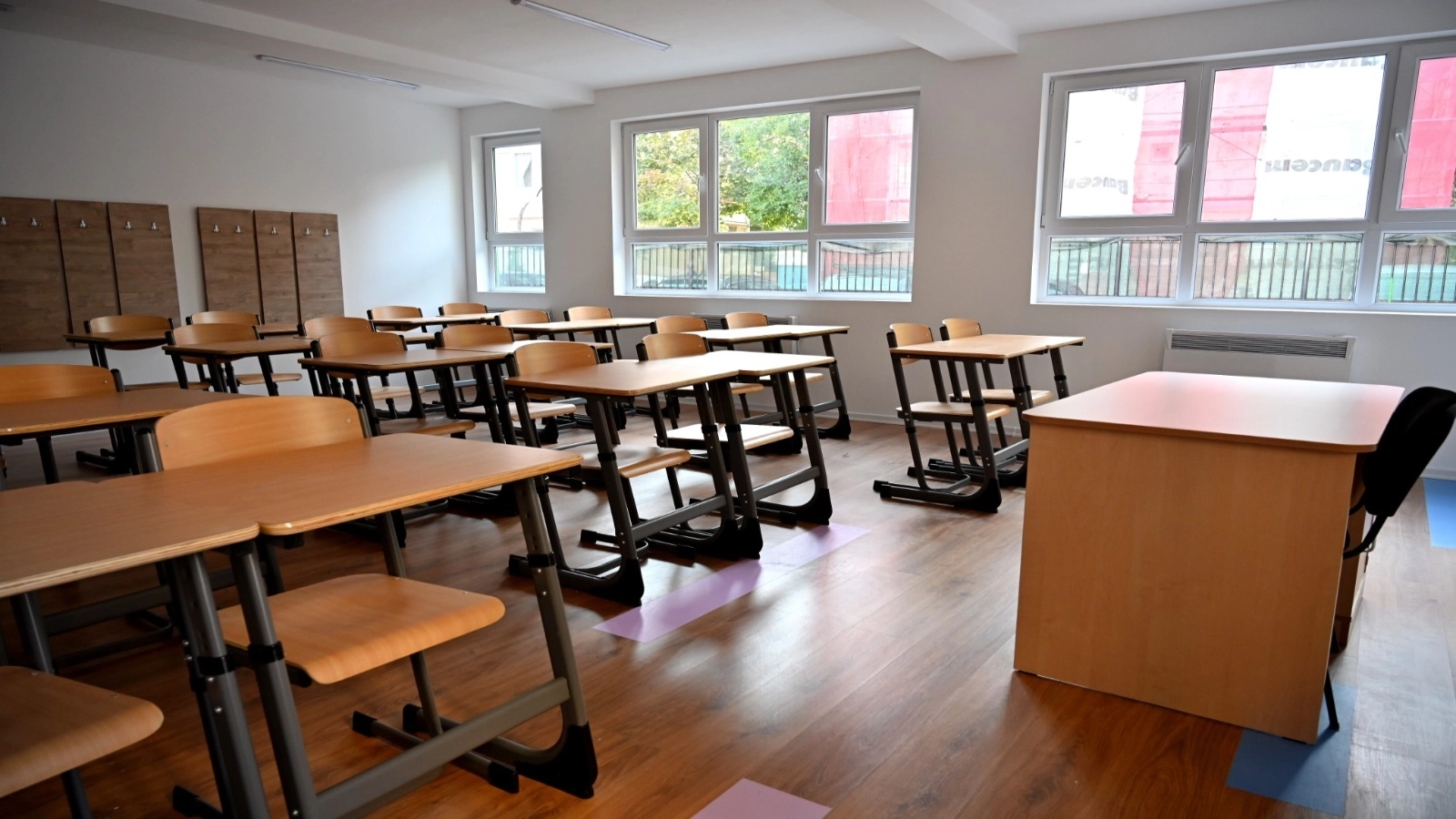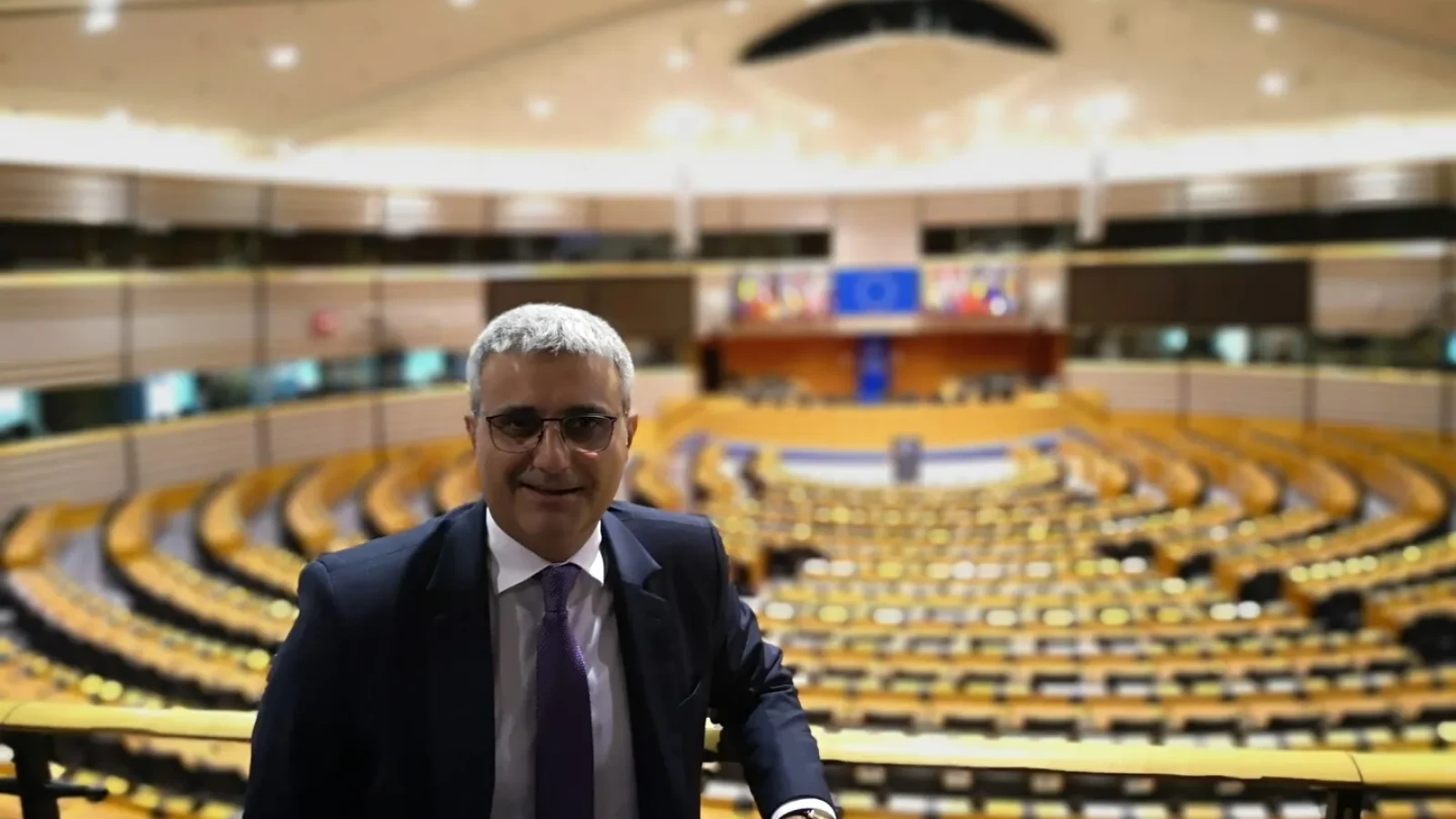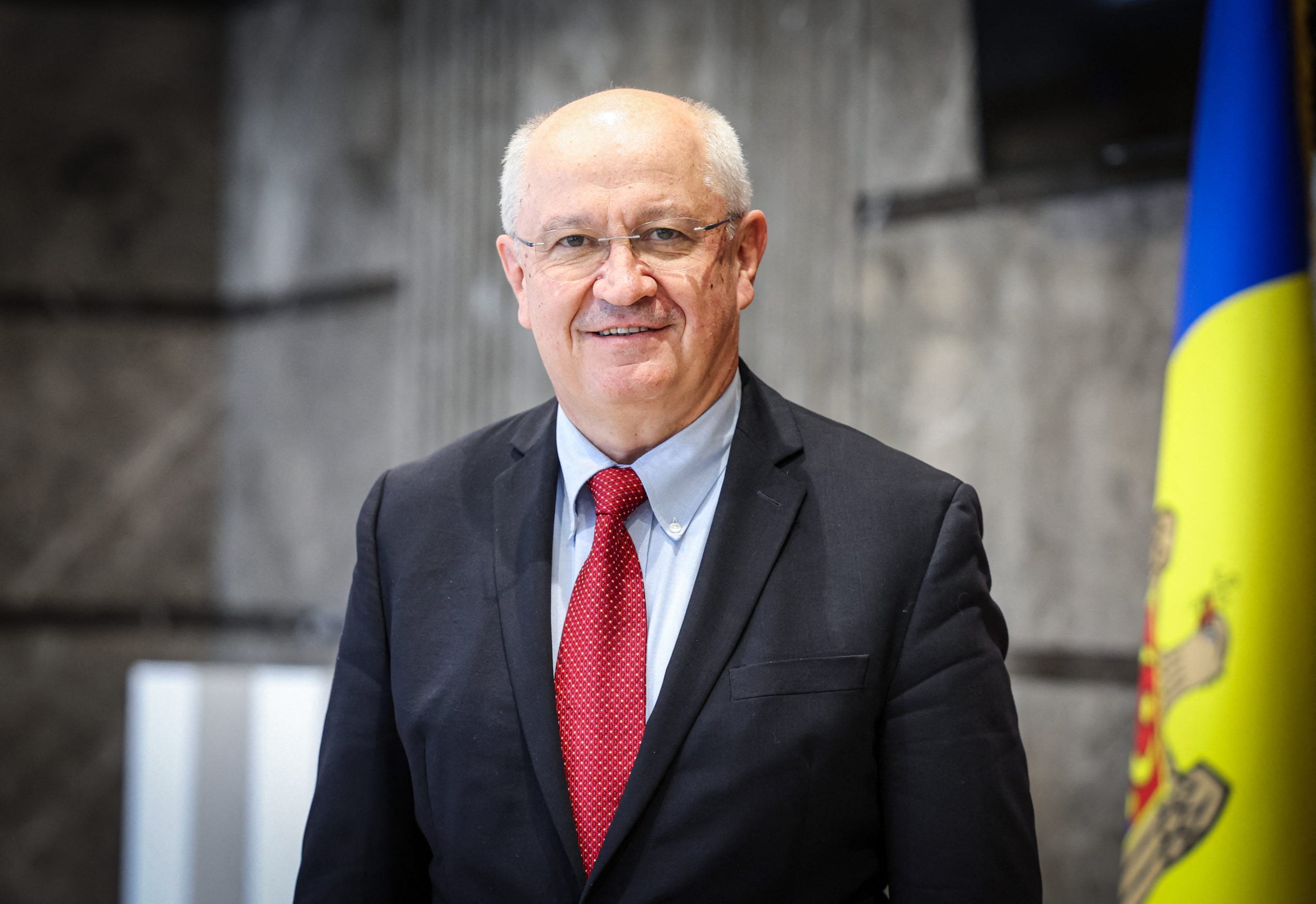Hundreds of children, young people and adults from Harghita and Covasna counties who dropped out of school or who did not complete their compulsory education were returned to classes through a project of the Harghita County School Inspectorate, financed by European funds.
The project is entitled "REAL - School open for all ages", was co-financed from the European Social Fund, through the Human Capital Operational Programme 2014-2020 and had a value of approximately 9.5 million lei.
The project manager, the deputy general school inspector of Harghita County School Inspectorate, Cristinel Glodeanu, declared on Tuesday, in a press conference, at the completion of the project, that its general objective was to increase the rate of reintegration into the education and training system of children, young people and adults who left school early or who did not complete their compulsory education in the counties of Harghita and Covasna, as part of "Second chance" type programs.
620 people between the ages of 12 and 64 participated in the courses in the project, even if, initially, the target group assumed by the funding request was 602 people. Also, the number of those who completed at least one "Second Chance" type programme was higher than initially assumed, 454 students, compared to 392.
In order to be motivated not to abandon the courses, the participants received, through the project, items of clothing, personal hygiene products, supplies, but also monetary subsidies, for each completed level.
Within the project, the participants also benefited from professional, individual and group counseling, and in several disadvantaged communities in the two counties, information campaigns on the importance of continuing studies were carried out.
The target group expert from Harghita county, Bartolf Hedvig, pointed out the fact that most of the trainees were from the countryside, among them there were many women and many Roma.
According to Bartolf Hedvig, there were situations in which several people from the same family, from different generations, attended classes, but also cases when a student came to class accompanied by her baby, whom she had no one to leave in care.
































Comentează